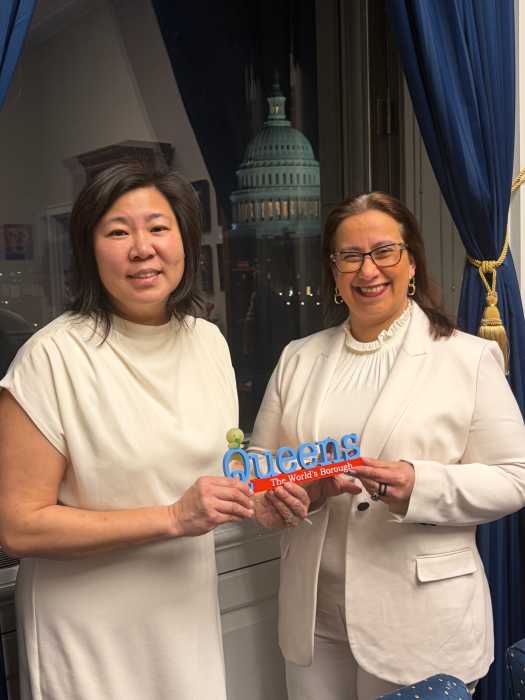A very recent New York case illustrates the extreme importance of having adequate representation in the preparation and submission of a Medicaid application when spouses are involved. In Wayne Health Care Demay Living Center v. Blair (N.Y. Sup. Ct., No. 68514/2009, April 20, 2011), the Trial Court ordered the wife of a deceased nursing home resident who was denied Medicaid benefits to pay for his care from her own funds.
Sonja Blair had admitted her husband, Robert, to a nursing home. She executed the admission agreement on behalf of her husband under a power of attorney but never signed a personal guaranty. Mr. Blair applied for Medicaid benefits, but the state ultimately denied benefits because he did not submit verification of his financial information. After Mr. Blair died, the nursing home sued Mrs. Blair for $90,679 as reimbursement for expenses relating to the food, shelter, and medical services provided by the nursing home. The nursing home argued that Mrs. Blair was responsible under the doctrine of necessaries because it relied on her credit in extending services to Mr. Blair.
The New York Supreme Court ordered Mrs. Blair to pay the nursing home. The Court held that under common law there is a presumption that a creditor, when providing services, effectively relies on the credit of the community spouse, and, in this particular instance, Mrs. Blair did not rebut that presumption. The Court noted that had Mr. Blair been approved for Medicaid, the bill would have been much less and that "payment of this amount would have constituted the fair and reasonable conclusion to this sad story."
Had the Medicaid application for Mr. Blair been processed correctly, his spouse would never have been sued by the nursing home because his care would have been covered. When one spouse applies for institutional Medicaid, it is imperative that the spouse remaining in the community file spousal refusal. When spousal refusal is utilized, specific forms must be submitted and failure to do so in a timely fashion may prevent the spouse from invoking this right. Further, even when spousal refusal is invoked, all pertinent financial information regarding both spouses must be presented. Retaining an experienced elder law attorney to handle the application ensures that everything is done properly thereby mitigating the community spouse’s liability.
It is important to note that even when everything is effectuated properly and the institutionalized spouse obtains Medicaid coverage, there is still the strong possibility that Medicaid will later pursue the community spouse for funds expended on behalf of the institutional spouse. Accordingly, at the onset, additional planning may be done in order to reduce the potential for a lawsuit and also to minimize the vulnerability of the community spouse. For these reasons, it is imperative to seek legal counsel at the beginning of any Medicaid process.
Ronald A. Fatoullah, Esq. is the principal of Ronald Fatoullah & Associates, a law firm that concentrates in elder law, estate planning, Medicaid planning, guardianships, estate administration, trusts and wills. The firm has offices in Forest Hills, Great Neck, Manhattan, Brooklyn, and Cedarhurst, NY. Fatoullah has been named a “fellow” of the National Academy of Elder Law Attorneys and is a former member of its Board of Directors. He also served on the Executive Committee of the Elder Law Section of the New York State Bar Association for over 15 years. Fatoullah has been Certified as an Elder Law Attorney by the National Elder Law Foundation. Fatoullah is a co-founder of Senior Umbrella Network of Queens. This article was written with Debby Rosenfeld, Esq., a senior staff attorney at the firm. Ronald Fatoullah & Associates can be reached by calling 718-261-1700, 516-466-4422, or toll free at 1-877-ELDER-LAW or 1-877-ESTATES.



































